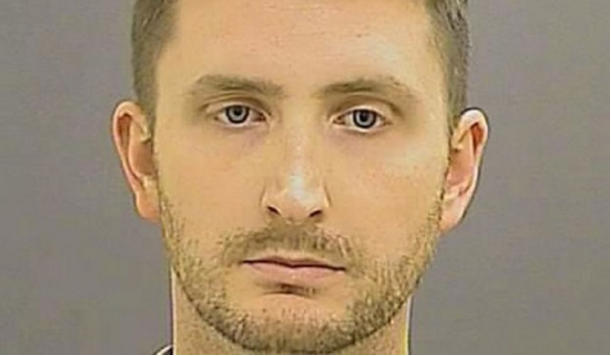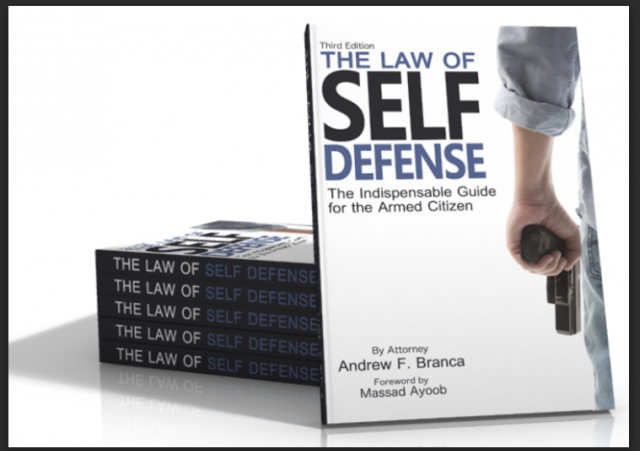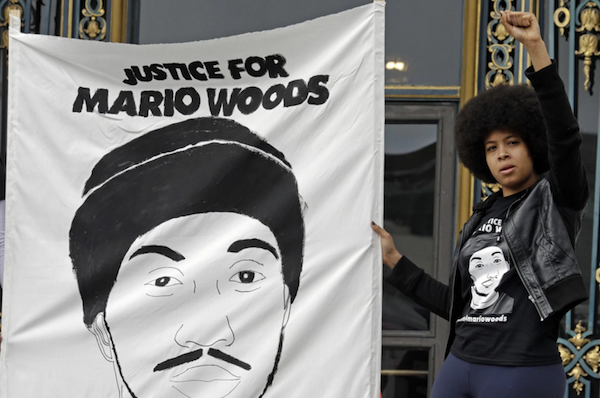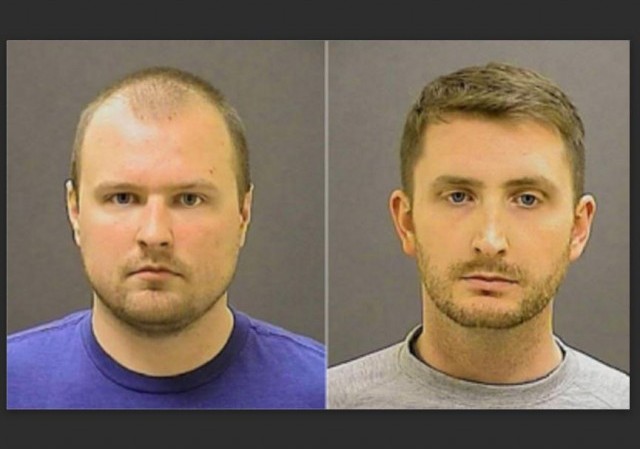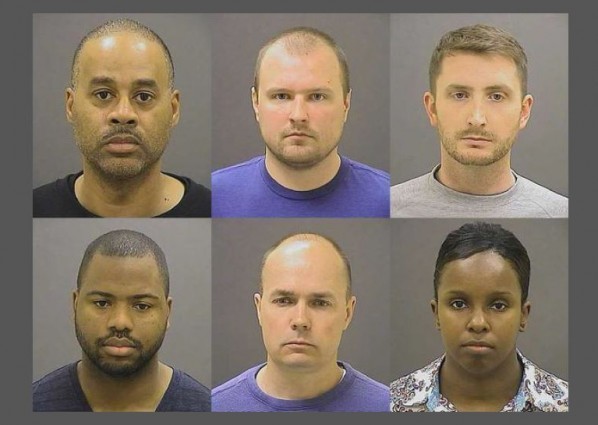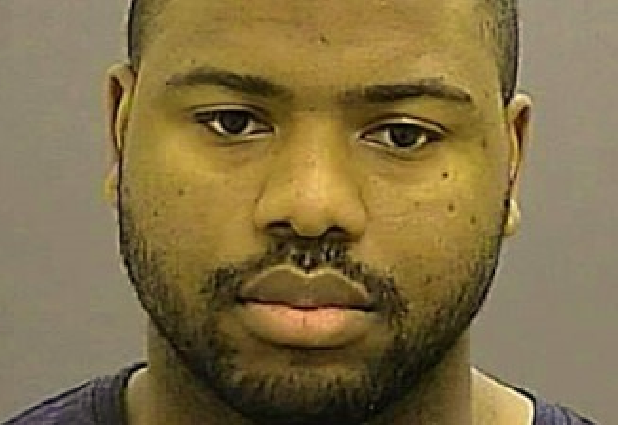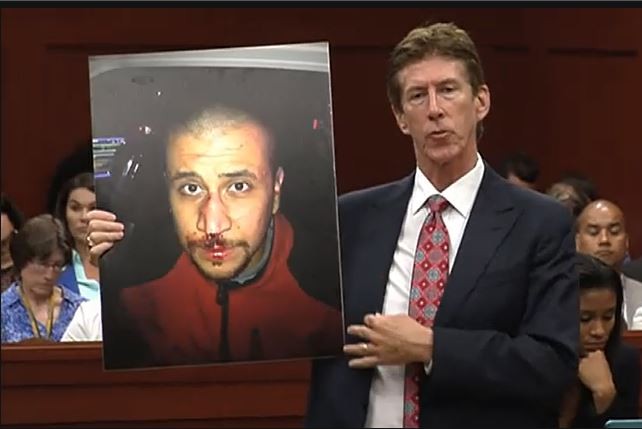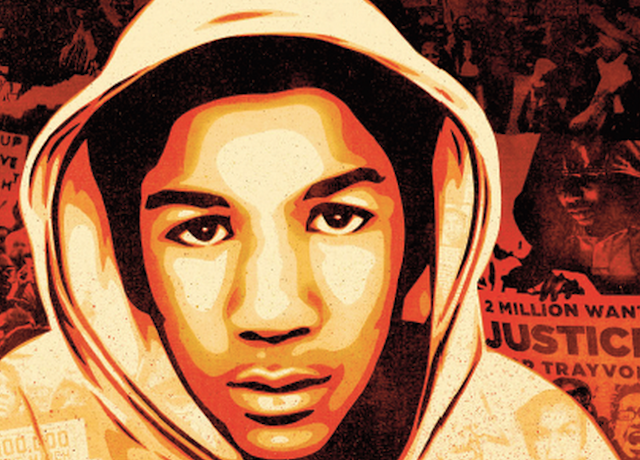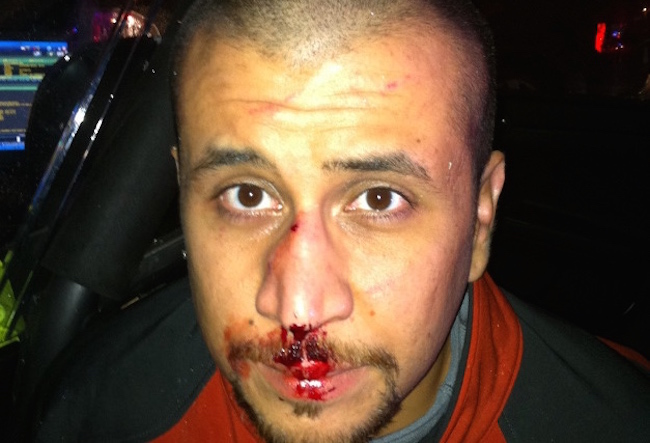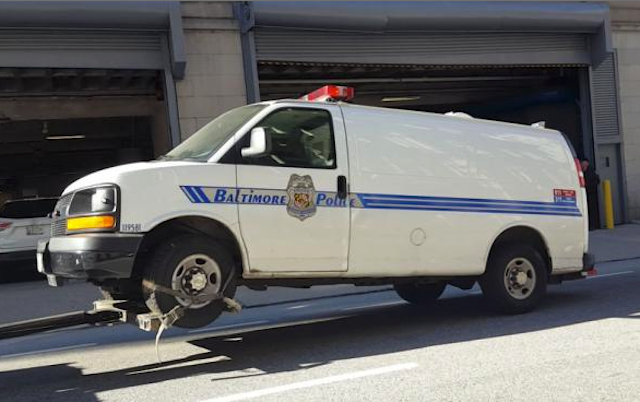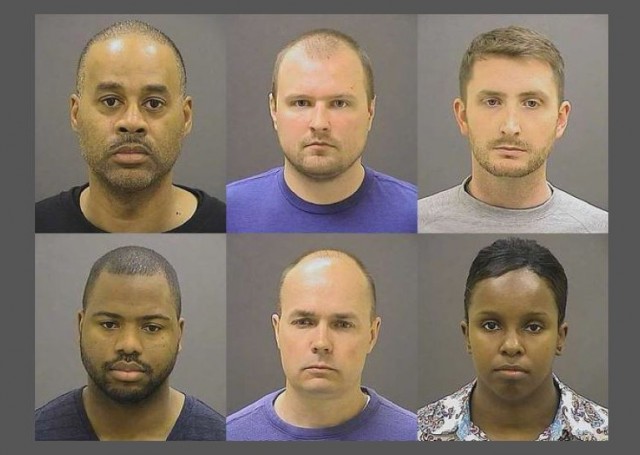Author: Andrew Branca
Andrew Branca
Andrew F. Branca is in his third decade of practicing law in the Commonwealth of Massachusetts. He wrote the first edition of the "Law of Self Defense" in 1997, and is currently in the process of completing the fully revised and updated second edition, which you can preorder now at lawofselfdefense.com. He began his competitive shooting activities as a youth in smallbore rifle, and today is a Life Member of the National Rifle Association (NRA) and a Life Member and Master-class competitor in multiple classifications in the International Defensive Pistol Association (IDPA). Andrew has for many years been an NRA-certified firearms instructor in pistol, rifle, and personal protection, and has previously served as an Adjunct Instructor on the Law of Self Defense at the SigSauer Academy in Epping, NH. He holds or has held concealed carry permits for Massachusetts, Connecticut, Rhode Island, New Hampshire, Maine, Pennsylvania, Florida, Utah, Virginia, and other states.
Freddie Gray Analysis: Edward Nero Trial Day 3
Freddie Gray Analysis: Officer Edward Nero Trial, Days 1 & 2
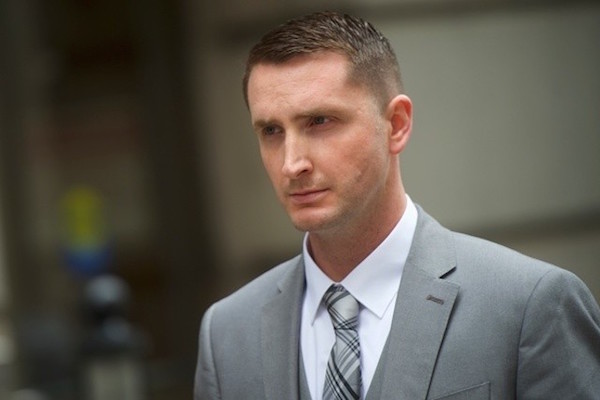 Officer Edward Nero[/caption]
The prosecution is being led by Chief Deputy State's Attorney Michael Schatzow, an attorney with relatively little criminal law experience. Schatzow previously led the failed prosecution of Officer William Porter in the first “Freddie Gray” trial earlier this year. (Porter’s trial ended in a hung jury, and prosecutors have announced they intend to re-try him.)
Nero is being represented by defense attorney Marc Zayon.
Officer Edward Nero[/caption]
The prosecution is being led by Chief Deputy State's Attorney Michael Schatzow, an attorney with relatively little criminal law experience. Schatzow previously led the failed prosecution of Officer William Porter in the first “Freddie Gray” trial earlier this year. (Porter’s trial ended in a hung jury, and prosecutors have announced they intend to re-try him.)
Nero is being represented by defense attorney Marc Zayon.
Just Published “The Law of Self Defense, 3rd Ed.” #1 at Amazon
Freddie Gray: Officer Nero trial starts May 11 on novel prosecution legal theory
Yet Another Worthless Study on Police Shootings
Freddie Gray: Prosecution to Compel Another Officer to Testify
Freddie Gray: Officer Edward Nero Trial Set for May 10
Officer Edward Nero: May 10
Officer Nero was primarily involved as one of the arresting officers, and is charged with assault and reckless endangerment. [caption id="attachment_164896" align="alignnone" width="500"]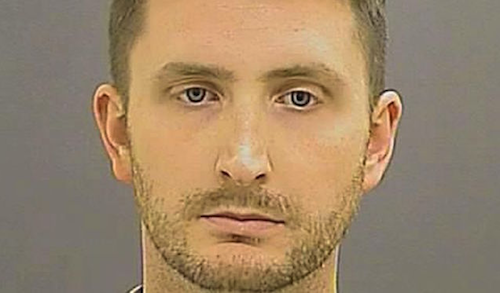 Officer Edward Nero[/caption]
Officer Edward Nero[/caption]
Freddie Gray: MD’s Highest Court Says Officer Porter Must Testify
Justice Thomas Asks Questions at Oral Argument for 1st Time in 10 Years
Florida Senate Eases Threshold for Self-Defense Immunity
Florida Removes Aggravated Assault from “10-20-Life”
Lies About Zimmerman Trial Just Keep Coming
The promotional material for One Dark Night indicates, “By anchoring the piece in accurate and unassailable elements, the user becomes transported inside a reliable, albeit virtual, version of the story as an eyewitness. One Dark Night breaks new ground on multiple levels, including through audio carefully cleaned by forensic specialists Sourcesound and Primeau Productions, with the latter asserting that the reconstructed audio indicates George Zimmerman cocked his gun just before he gave chase.”(emphasis added) Except there's one little problem with that narrative:
Freddie Gray Trial: Baltimore to Add Cameras Inside Police Vans
Freddie Gray: MD High Court Delays All Officer Trials
Freddie Gray Defense: Legally irrelevant whether Freddie’s knife was illegal
Big #2A Win – 4th Circuit Applies Strict Scrutiny to Maryland Gun Control Law
Freddie Gray: Porter Not Required to Testify Against Arresting Officers
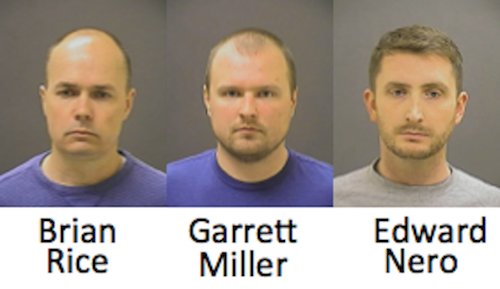
Donations tax deductible
to the full extent allowed by law.
CONTRIBUTORS
- William A. Jacobson
Founder
- Kemberlee Kaye
Sr. Contrib Editor
- Mary Chastain
Contrib Editor
- Mike LaChance
Higher Ed
- Leslie Eastman
Author
- Vijeta Uniyal
Author
- Stacey Matthews
Author
- Jane Coleman
Author
- James Nault
Author
- Elizabeth Stauffer
Author
- Mandy Nagy
Editor Emerita
- Learn more about the Contributors


